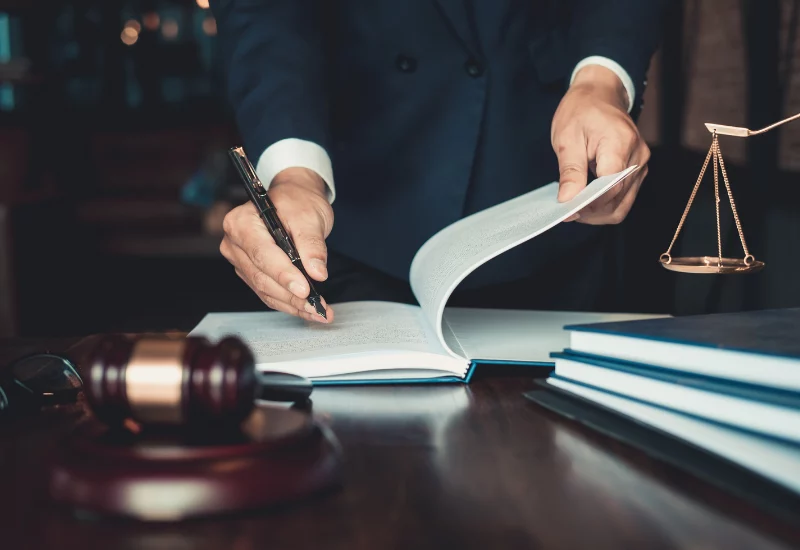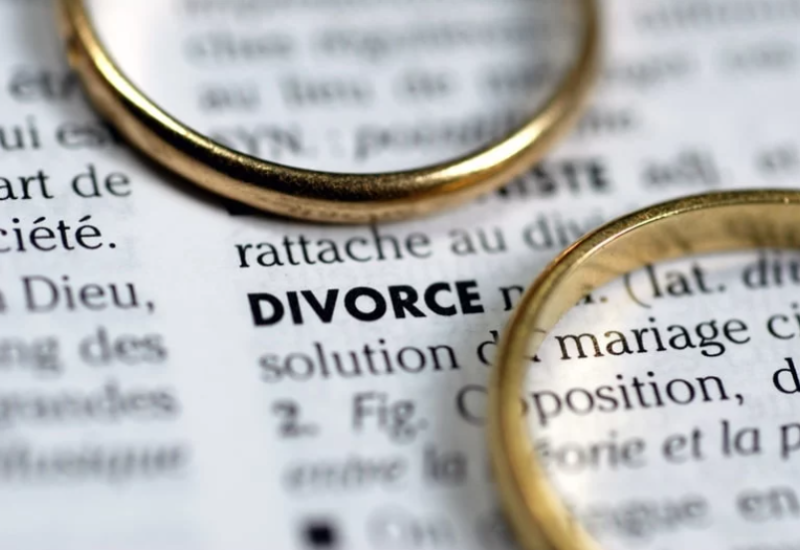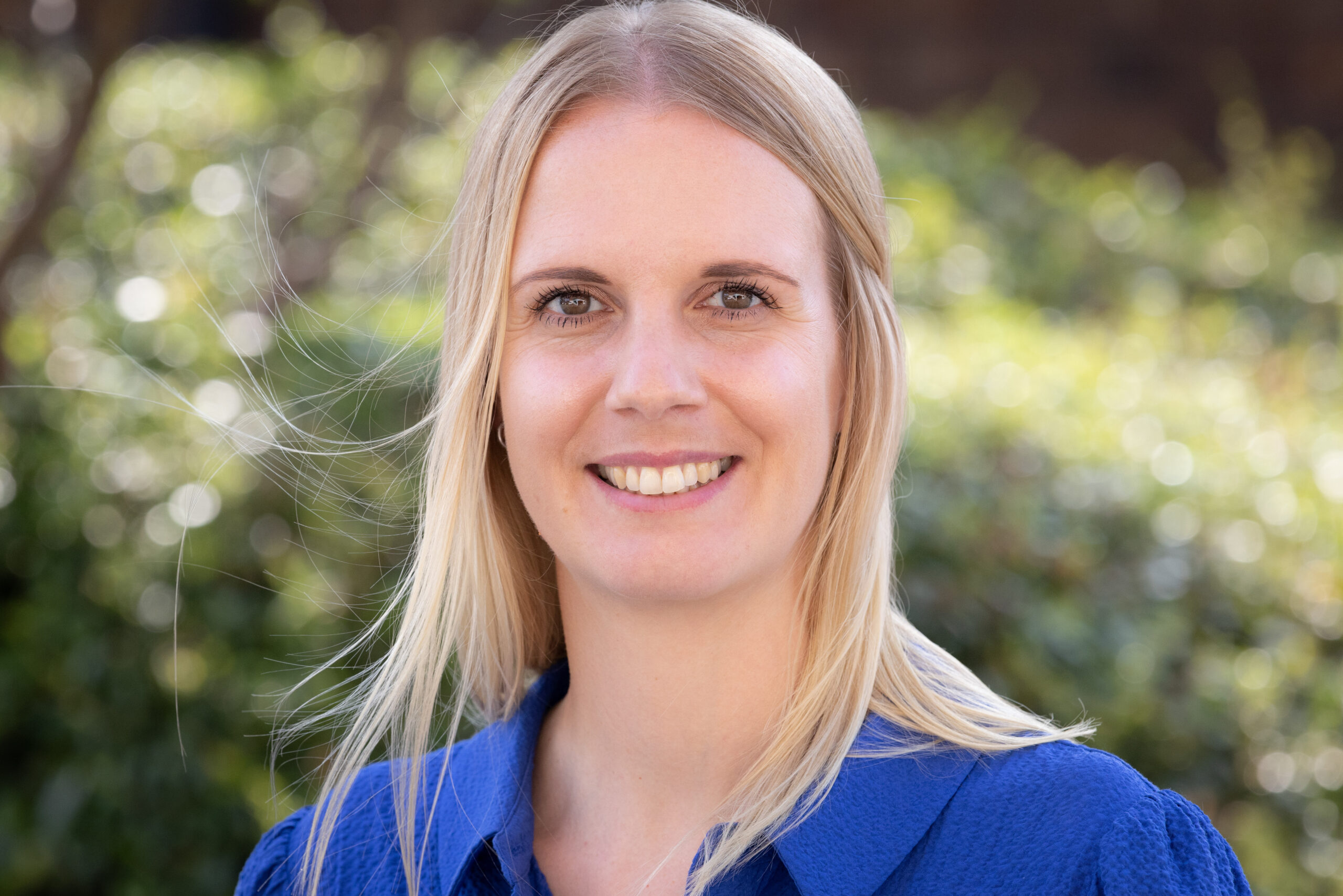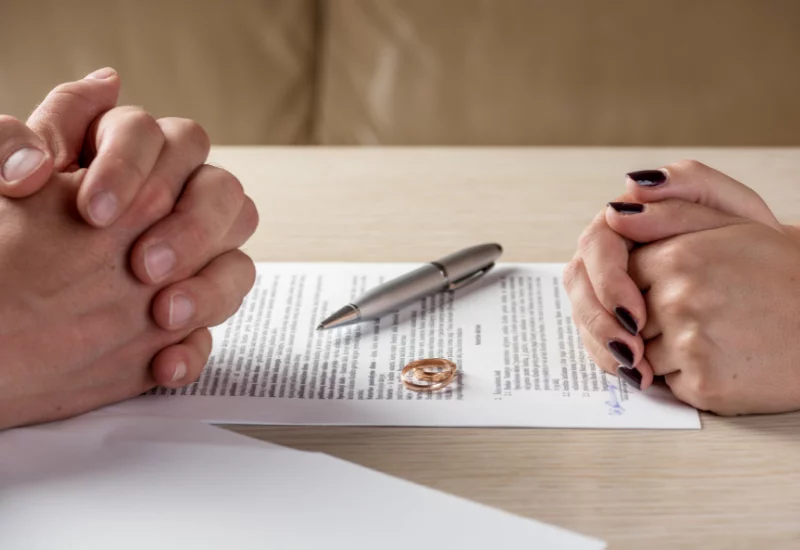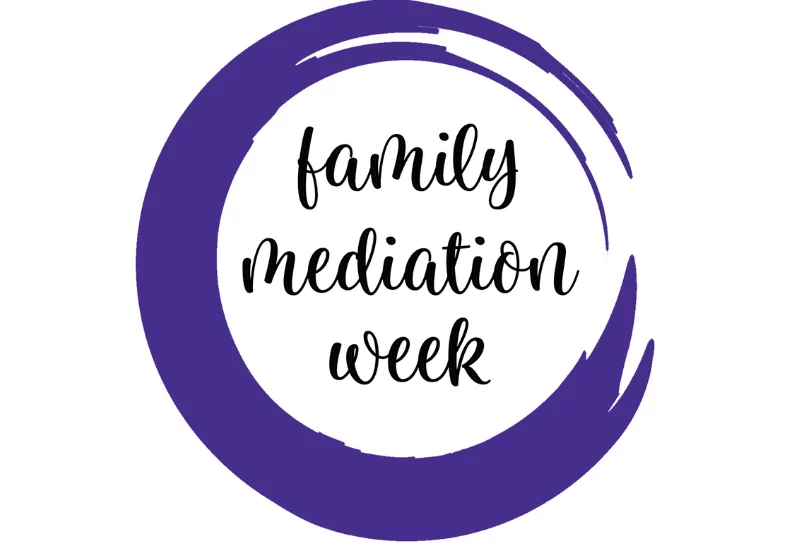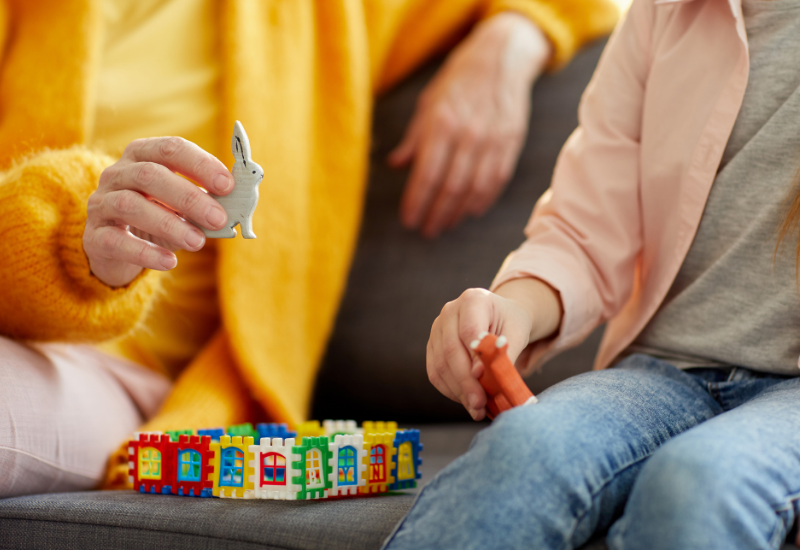What are my Parental Rights?

Separated parents often ask us what their parental rights and responsibilities are in respect of their children, Dawn Gore explains.
‘What are my parental rights?’ is a question often posed by separated parents who are seeking legal advice about the arrangements for their child and it is important that parents understand that whilst they may have the right to make decisions relating to their child, the right to a relationship is that of the child rather than the parent.
What legal rights does a parent have?
A parent has legal rights and duties relating to their parental status. These include:
- the registration of the child’s birth and the naming of the child, if both parents have parental responsibility
- the right to consent to or oppose the adoption of a child, again if both parents have parental responsibility
- the right to consent to or oppose the removal of a child from the country
- the right to commence court proceedings in relation to the child
- the right to reasonable contact with a child who is in the care of the local authority
- the right to appoint a guardian for the child in a Will
- the right to make arrangements for the disposal of the child’s body in the event of his/her death
What is parental responsibility?
Parental responsibility gives a parent the power and authority to make decisions relating to the children’s welfare including their health, education and religious upbringing. Parental responsibility can be held by multiple people and not just, therefore, the children’s biological parents. Where more than one person holds parental responsibility for a child, all those with parental responsibility have a right to be consulted as to important decisions that need to be made with reference to issues concerning the child’s welfare and therefore share in the decision-making process.
Who has parental responsibility?
A mother automatically has parental responsibility for a child from birth. A father or second female parent will automatically have parental responsibility if he/she is married to or in a civil partnership with the mother at the time of the child’s birth. An unmarried father or second female parent will acquire parental responsibility if he/she consents to and is named on the child’s birth certificate at the time of registration; enters into a parental responsibility agreement with the mother or has the benefit of a court order which confers parental responsibility on him/her. Step-parents can also acquire parental responsibility by entering into a step-parent parental responsibility agreement with their spouse or civil partner by agreement with the child’s parents or by way of court order.
Others, including special guardians and local authorities can also acquire parental responsibility for a child by court order.
Do I have a right to see my child?
Save for the right to reasonable contact with a child who is in the care of the local authority, a parent does not automatically have the right to spend time with their child. However, there is a legal presumption that, unless the contrary is shown, the involvement of the parent in the child’s life will further the child’s welfare. Unless there is evidence that the child has experienced or is likely to experience significant harm as a result of the relationship with a parent, the child has a right to a meaningful relationship with both parents and the parents therefore should attempt to discuss and agree arrangements so that the child can spend quality time with each of them.
Trethowans’ Family Team are members of Resolution and take a constructive, non-confrontational approach to your individual circumstances and will seek to find the best way forward for you and your family. We are experts in alternative dispute resolution and offer a range of alternative options to court proceedings, including mediation and collaborative law.
If you would like to get in touch with Trethowans’ Family team call today on 0800 2800 421 or contact us here.

